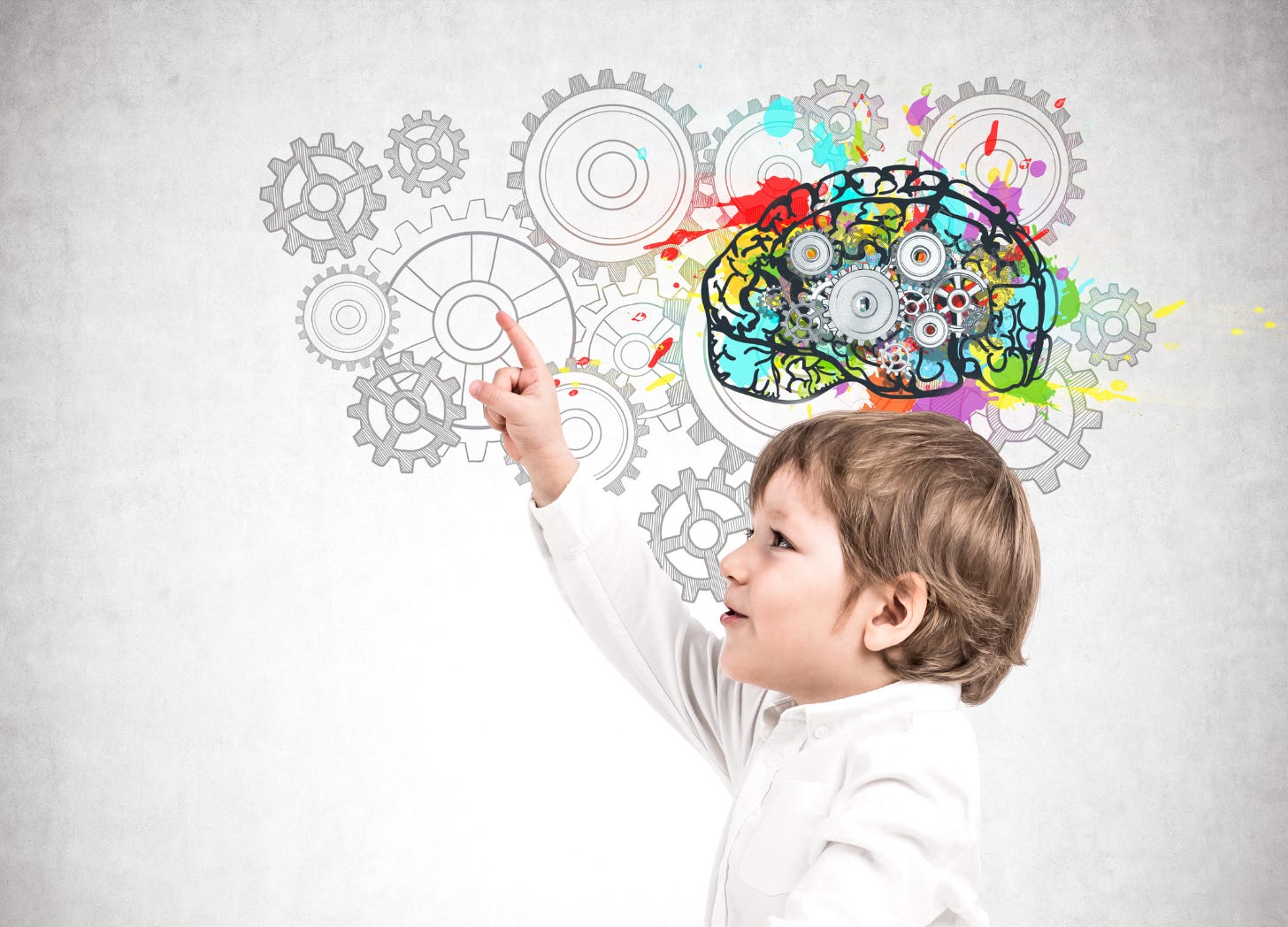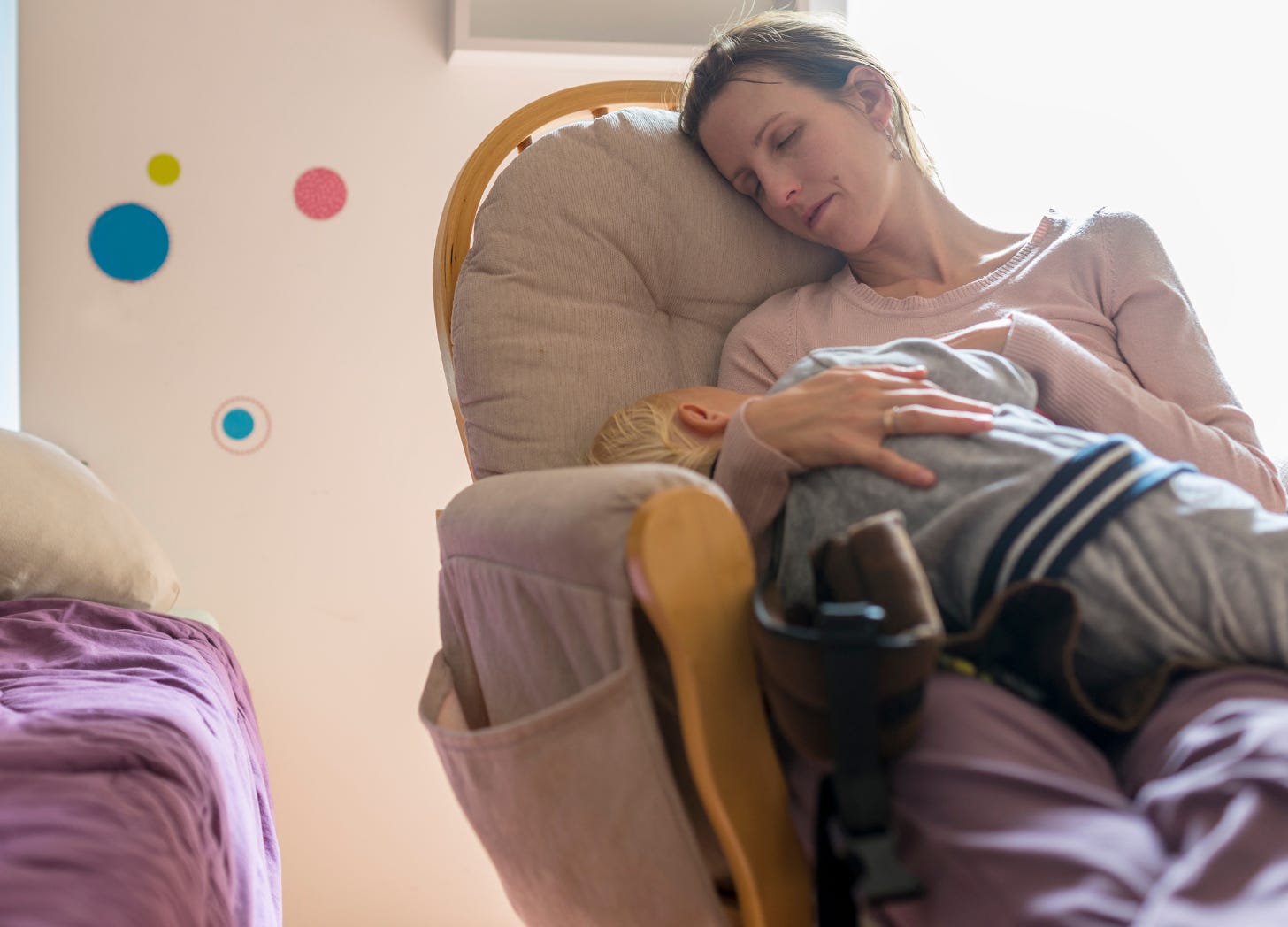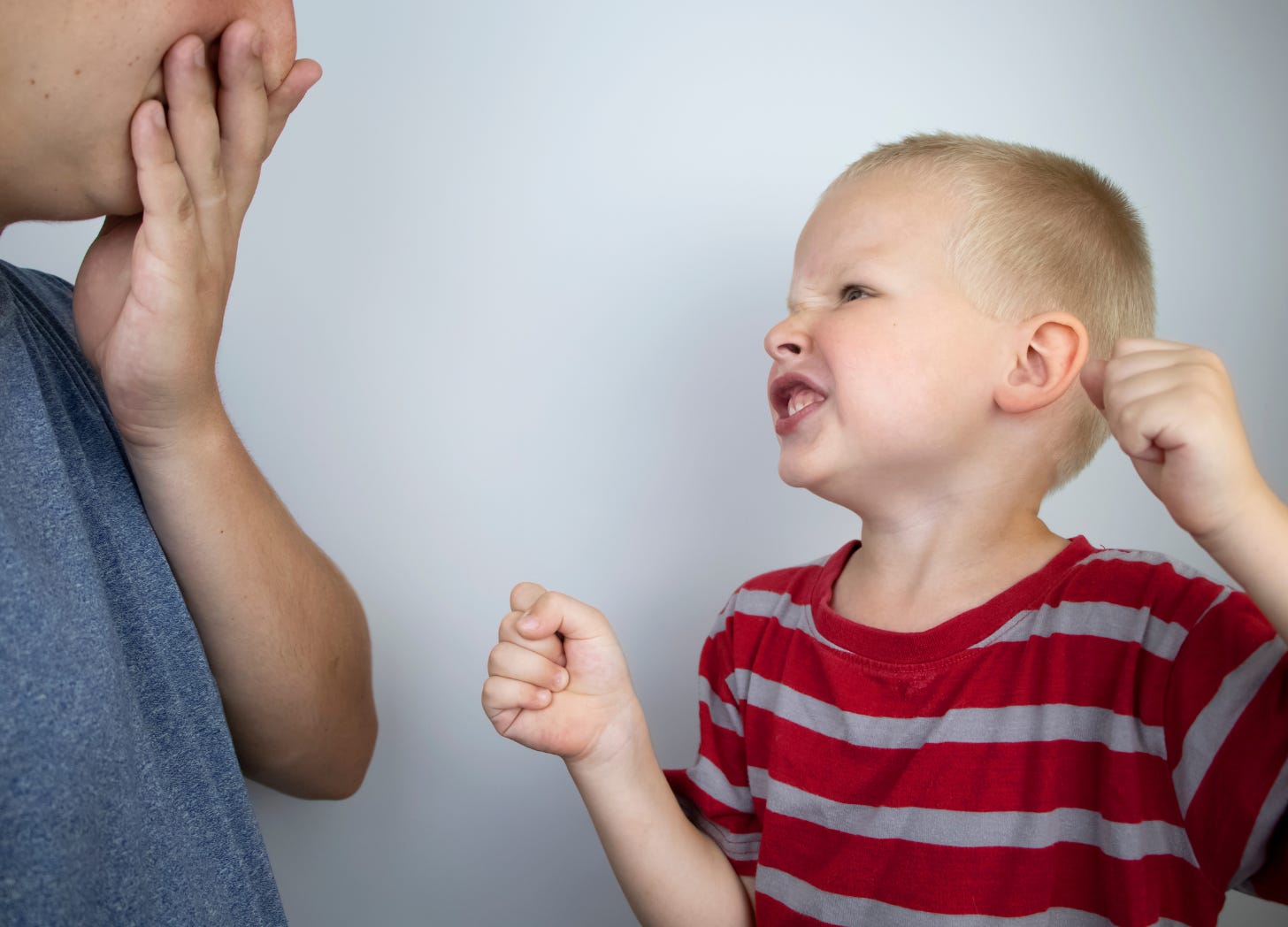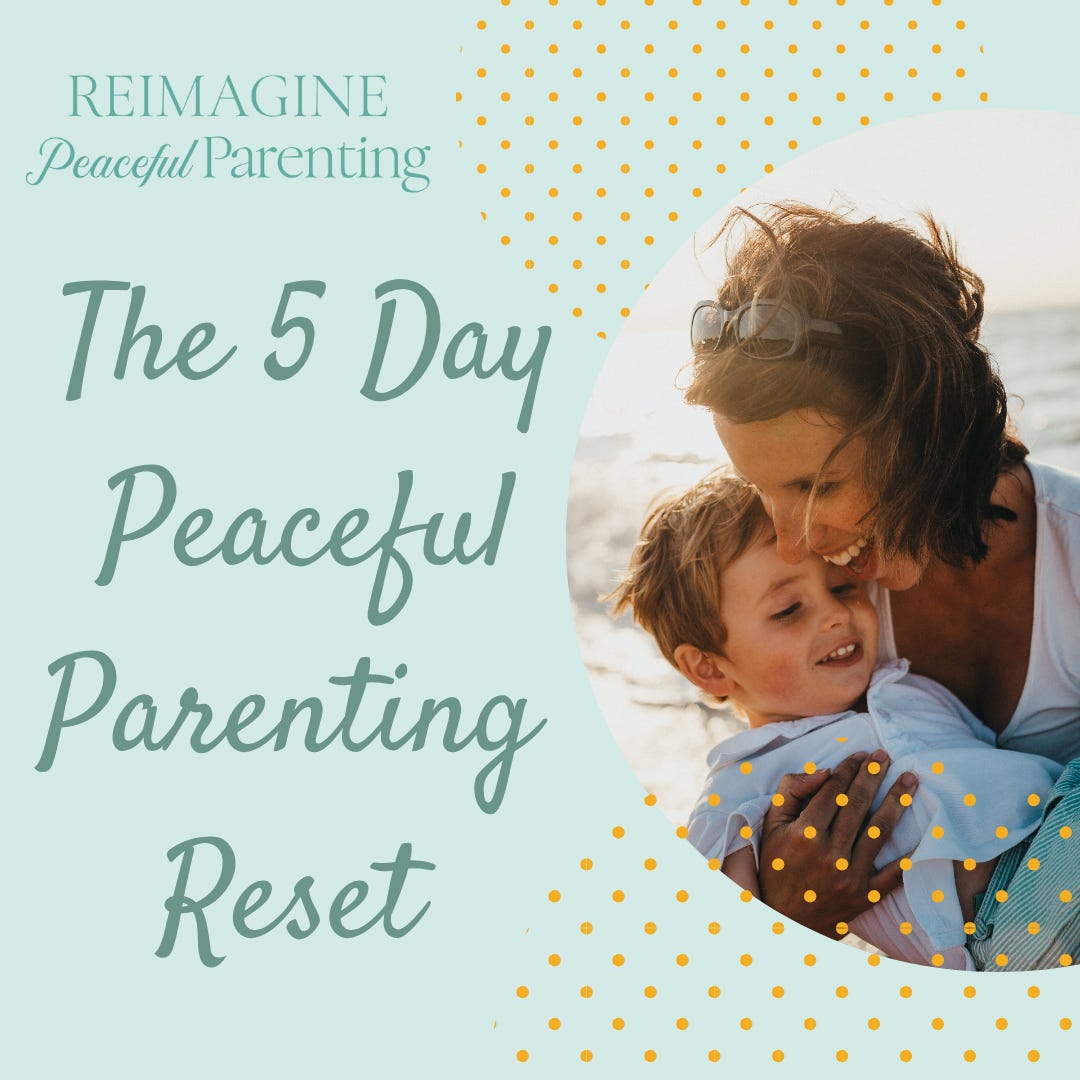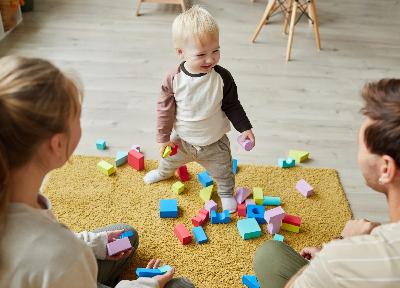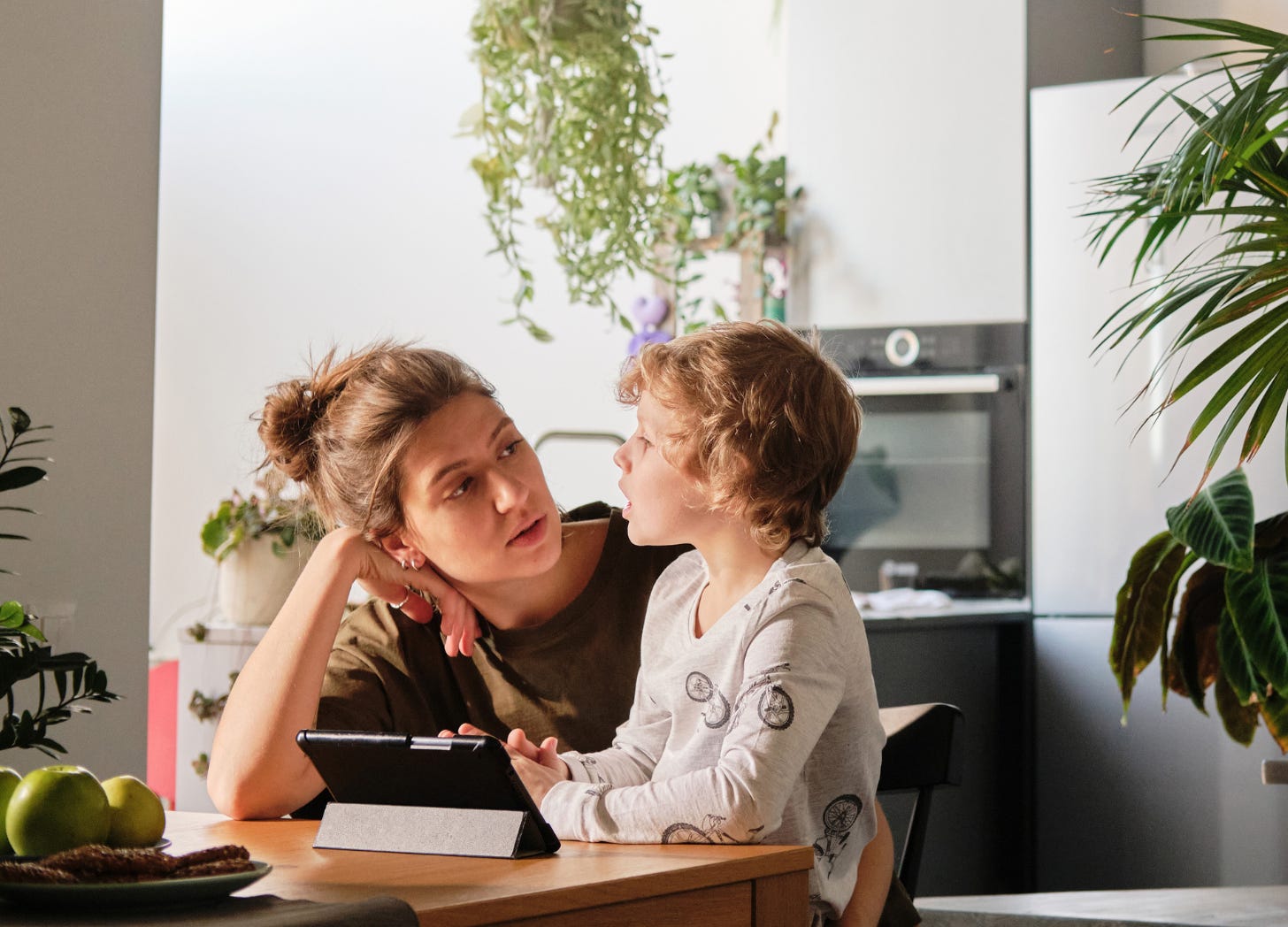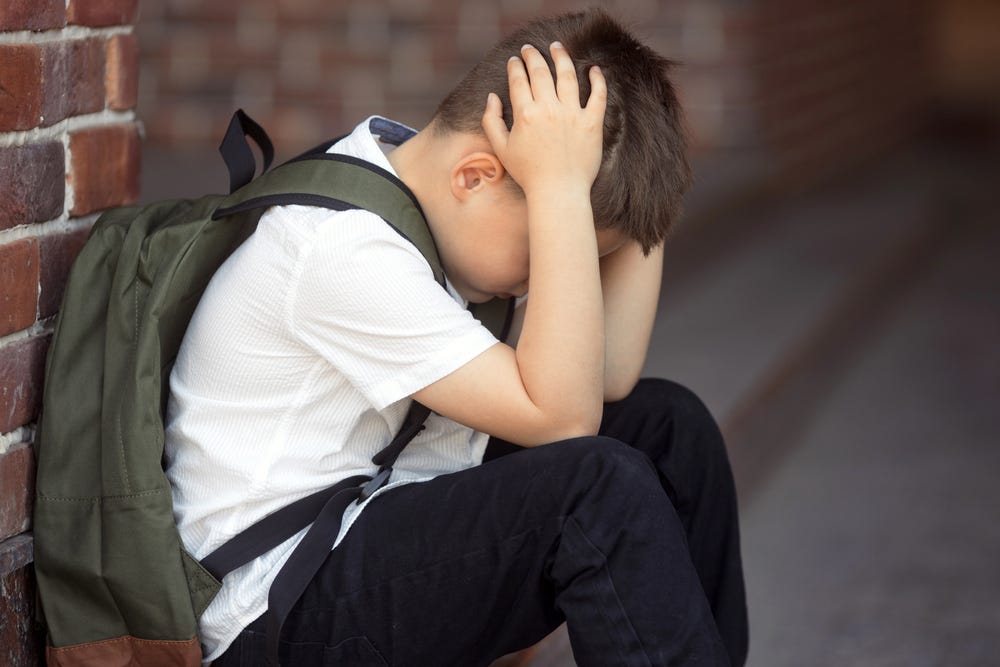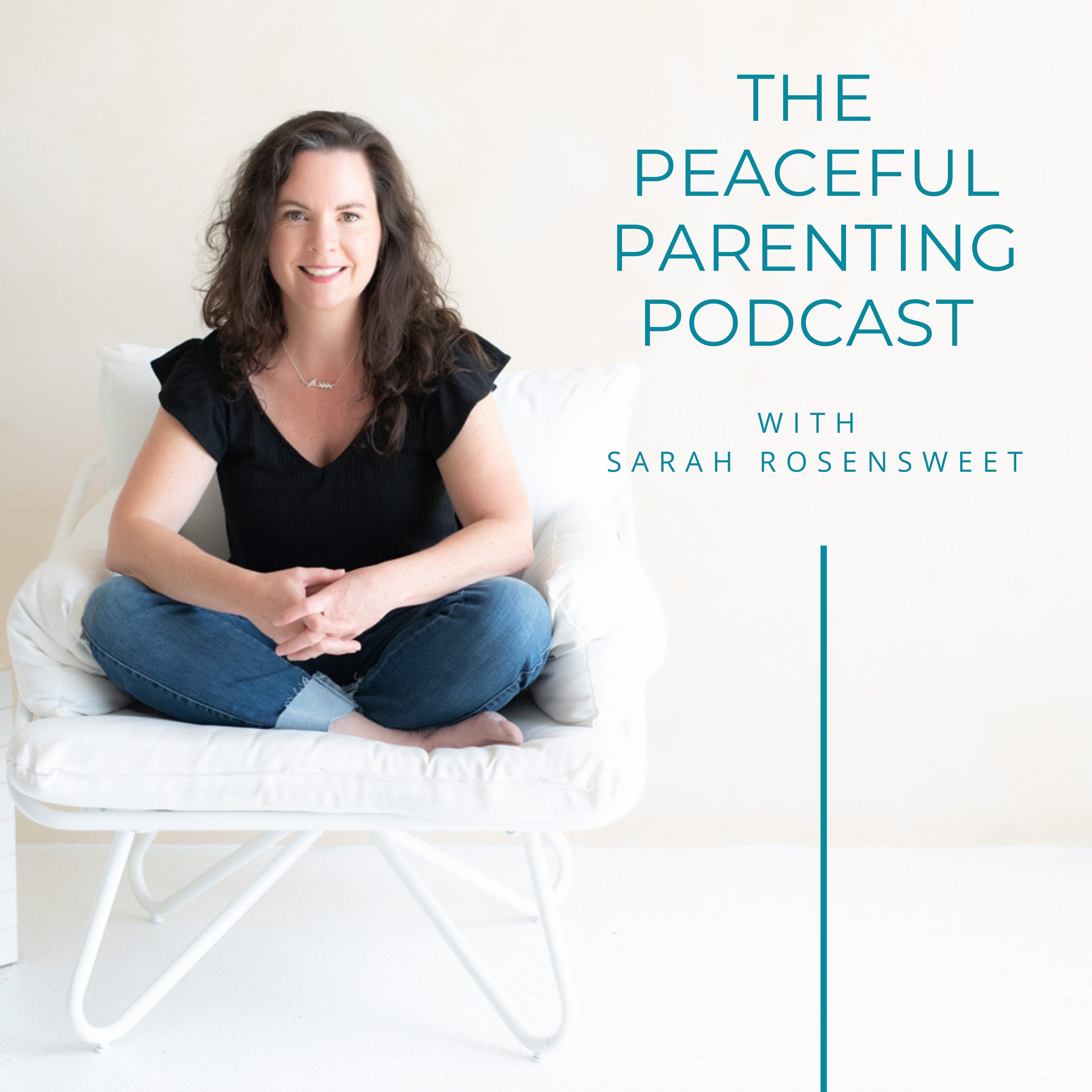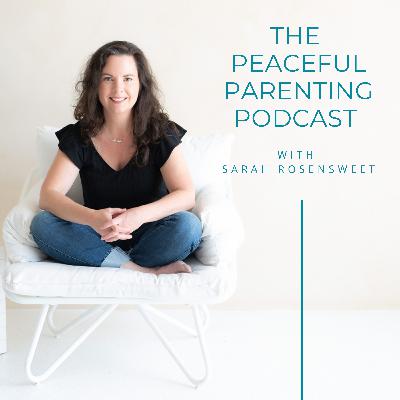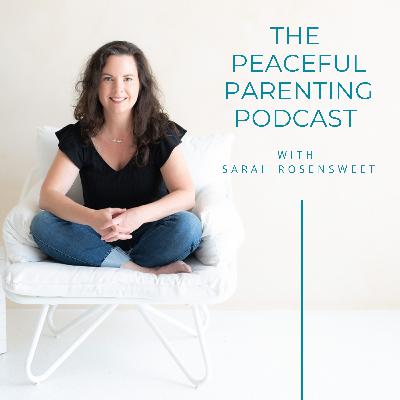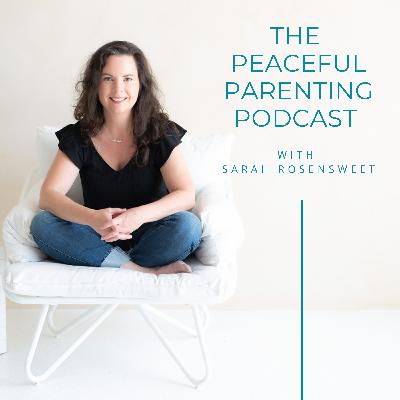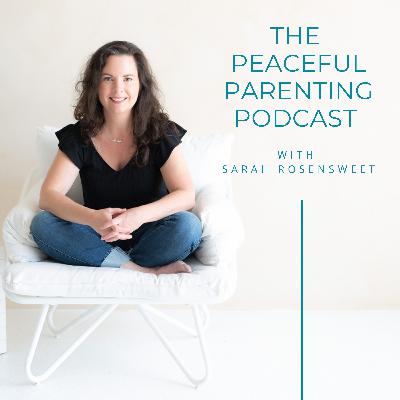Help Kids to Understand their Brains and Assessments with Dr. Liz Angoff: Episode 213
Description
You can listen wherever you get your podcasts, OR— BRAND NEW: we’ve included a fully edited transcript of our interview at the bottom of this post.
In this episode of The Peaceful Parenting Podcast, I speak with Educational Psychologist Liz Angoff.
We discuss when and why a child might need an assessment, what information you get from an assessment, how to help children understand their brains and diagnosis, and celebrating neurodiversity.
**If you’d like an ad-free version of the podcast, consider becoming a supporter on Substack! > > If you already ARE a supporter, the ad-free version is waiting for you in the Substack app or you can enter the private feed URL in the podcast player of your choice.
Know someone who might appreciate this post? Share it with them!
We talk about:
* 7:00 What are some signs that your child should get an assessment?
* 9:00 Getting to the “why” and the “so what”
* 10:00 What do you assess for?
* 14:00 Why it is important to get an assessment?
* 23:00 Should you tell your child about their diagnosis?
* 31:00 Scripts and metaphors for talking to your kids about diagnosis
* 39:00 Red and Green flags with clinicians
* 44:00 Celebrating neurodiversity
Resources mentioned in this episode:
* Yoto Player-Screen Free Audio Book Player
* The Peaceful Parenting Membership
xx Sarah and Corey
Your peaceful parenting team- click here for a free short consult or a coaching session
Visit our website for free resources, podcast, coaching, membership and more!
>> Please support us!!! Please consider becoming a supporter to help support our free content, including The Peaceful Parenting Podcast, our free parenting support Facebook group, and our weekly parenting emails, “Weekend Reflections” and “Weekend Support” - plus our Flourish With Your Complex Child Summit (coming back in the spring for the 3rd year!) All of this free support for you takes a lot of time and energy from me and my team. If it has been helpful or meaningful for you, your support would help us to continue to provide support for free, for you and for others.
In addition to knowing you are supporting our mission to support parents and children, you get the podcast ad free and access to a monthly ‘ask me anything’ session.
Our sponsors:
YOTO is a screen free audio book player that lets your kids listen to audiobooks, music, podcasts and more without screens, and without being connected to the internet. No one listening or watching and they can’t go where you don’t want them to go and they aren’t watching screens. BUT they are being entertained or kept company with audio that you can buy from YOTO or create yourself on one of their blank cards. Check them out HERE
Sarah: Hey everyone. Welcome back to another episode of the Peaceful Parenting Podcast. Today my guest is Dr. Liz Angoff, who is an educational psychologist. She does testing, looking at helping kids understand how their brain works and helping their adults understand how their children’s brains work. She has loads of wonderful resources, which we will link to in the show notes.
I love how Dr. Liz takes this approach. It’s about how our brains can work in different ways, and understanding that really can help our child understand themselves, and help us understand our child in a better way.
As you’ll hear in this conversation with Dr. Liz, she really talks about how, if your child is experiencing some challenges or struggles—or you’re experiencing struggles or challenges with them—it can be helpful to get an assessment and possibly a diagnosis to understand exactly what’s going on and how your child’s brain works. Whether it could be anxiety or depression or neurodivergence or learning challenges or any sorts of things that can be uncovered through psychological testing, you can really understand the differences in your child’s brain that could be making life feel more challenging for them and/or for you. And she has a beautifully neurodiversity-affirming lens, where she talks about—you’ll hear her talk about this in the episode—looking at a child’s brain in terms of both the strengths and the challenges.
As always, we would love if you would share this episode with anyone you think might find it useful, and leave us a five-star rating on your favorite podcast player app and leave us a review. It really helps us reach more families and therefore help more families.
Alright, let’s meet Dr. Liz.
Hello, Dr. Liz. Welcome to the podcast.
Liz: Thank you for having me. I’m really excited to be here, Sarah.
Sarah: Me too. So tell us about who you are and what you do before we dive in.
Liz: Right. Well, I go by Dr. Liz, and I am a licensed educational psychologist. I’m in the Bay Area, California, and my focus—my passion—is working with kids to understand how their brains work. I am a testing psychologist, so I do assessment to understand, when things are challenging for kids, why things are challenging and what we’re going to do to really support them.
But one of the things that really caught my interest a number of years ago is that so often we bring kids through the assessment process and we don’t talk to them about what they did or what we learned about them. So I got really passionate about talking to kids directly about how they can understand their brains—what comes easily for them, how they can really use their strengths to help them thrive, and then what’s challenging and what they can do to advocate for themselves and support themselves. So all of my work has been really focused on that question: how do we help kids understand themselves?
Sarah: Which is perfect, because that’s exactly why I wanted to have you on. I’ve had so many parents ask me, “Well, how do I… I’ve got the assessment. How do I tell them? Do I tell them? How do I tell them?” We’re going to get into all of that.
But first I want to start with: what are some signs… I imagine some of the people listening are already going to have had assessments or are in the process of getting an assessment. But there also are some people who maybe—at least in our world—what we look at is: if you feel like you’re struggling way more than everybody else, that could be one sign. And if you’ve already made shifts and you’re trying to practice, in our case, peaceful parenting, and you’re still finding that things are really hard—that could be a sign that you might want to get an assessment.
But what are some signs that you look for that you might want to get your child assessed?
Liz: Yeah, I mean, you named a couple of them that I think are actually really important. All kids have times when they struggle. Growing up is hard. There are a lot of challenges, and they’re really important challenges that kids face. They need to know that it’s okay when things are hard. They need to know they can do hard things and come out the other side.
And there’s so much out there—what I think of as parenting 101—that helps us figure out: how do we help our children navigate these tough times? And then there’s kind of the next level where you might get a little extra support. So you read a book on parenting, or you find a different approach that matches the way your child shows up in the world a little bit better. You might meet with the school and get a little bit of extra help—sometimes called student study teams or SSTs—where you might meet with the teacher and the team.
For most kids, that little extra boost is enough to get them through those hard times. But for some kids, there are still questions. That next level, that extra support—it’s still not working. Things are still hard, and we don’t know why.
Sarah: Mm-hmm.
Liz: And when you have that question—“Why isn’t this working? It works for so many kids, but it’s not working for my child”—that’s when an assessment can be really helpful to get at the why. The so what.
So the why is: why are things harder for my child, and why are the traditional things that help most children not working? And then the so what is: so what do we do about it? How do we do things differently? And for kids who are wired differently, they need different things. And that’s what we focus on in the assessment process.
Sarah: And so, what kinds of… You know, we’ve gotten extra support, we’ve educated ourselves, and things are still hard for

